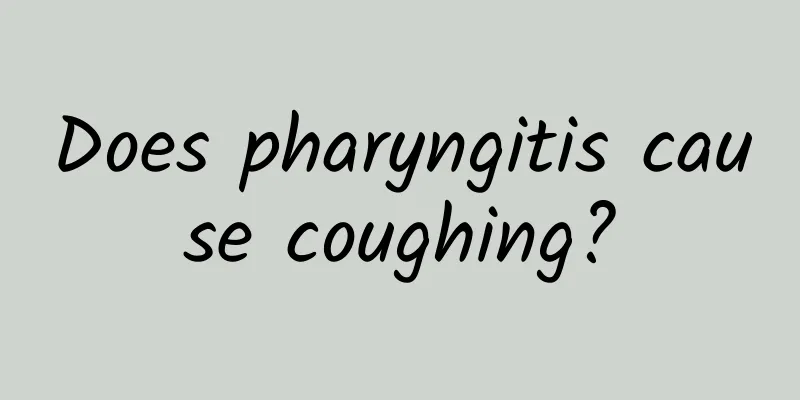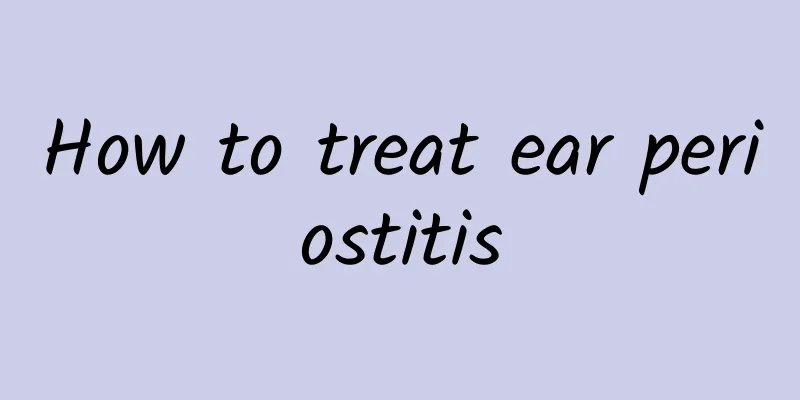Why does my index finger bone hurt?

|
The finger joints are a very small part of the body, but they have a great impact on people's health and life, because the flexibility of the finger bones makes it easier for people to obtain food or complete some necessary movements in life. Once a finger is injured, it can cause serious consequences. For example, why does the index finger bone hurt? Let’s take a look at the explanation below, I hope everyone can understand it. Finger tenosynovitis, the most common of which is stenosing tenosynovitis of the flexor tendon, commonly known as "trigger finger", is mainly caused by the obstruction of sliding of the flexor tendon at the proximal starting point of the fibrous sheath. It occurs more frequently in women than in men, and is common in middle-aged and elderly people, with a higher incidence in the thumb, middle finger and ring finger. Tenosynovitis of the thumb can also occur in infants and young children. Diabetic patients are prone to simultaneous multi-digital tenosynovitis. Stenosing tenosynovitis of the flexor tendons often occurs on the palmar surface of the fingers. The flexor tendons are wrapped in tendon sheaths, which have the functions of nutrition, lubrication and friction reduction, and play an important role in the movement of fingers. Most common clinical tenosynovitis is caused by strain. The affected finger often experiences local swelling and pain, and snapping or even locking when the finger is actively flexed and extended. treat 1. Conservative treatment: In the early stage of the disease, simply resting the affected hand or fixing it with a local brace for 2 weeks can completely relieve the symptoms. 2. Local blockade therapy: If conservative treatment is not effective, local blockade therapy can be used, which can mostly relieve symptoms. However, some patients will have recurrence of symptoms after 3-4 weeks of treatment. Although blockade therapy can be given again, a small number of patients will experience tendon rupture after multiple blockade treatments in clinical practice. 3. Micro-acupuncture treatment: If local blockade treatment is ineffective, a micro-acupuncture or a thicker syringe needle can be used for provocative treatment. The main purpose is to cut the entrance of the thickened tendon sheath. Since it is a minimally invasive operation, it may accidentally injure the flexor tendon and digital nerve, so a more experienced doctor is needed to perform the operation. 4. Surgery can be used for patients with severe or recurrent lesions. The thickened narrow ring should be removed during surgery. The extent of the removal should be determined by observing that the thickened part of the flexor tendon is not blocked by the sheath when the fingers are flexed and extended. |
<<: What's the matter with the lump on the neck?
>>: How long does it take to recover from a broken toe?
Recommend
Lymph nodes on the neck
Many people do not know much about lymph nodes on...
Will taking too much calcium supplements cause internal heat?
Calcium is very important for the human body. As ...
Where to apply cupping for frozen shoulder?
The incidence rate of frozen shoulder in women is...
Is Trichomonas vaginitis serious?
Many women feel helpless when facing trichomonias...
Shaking head and having headache
Headaches caused by shaking your head are often c...
Can pregnancy be detected in 23 days?
Most of the time, women are very surprised or del...
What are the treatment methods of allergic purpura in traditional Chinese medicine?
I believe that in our daily lives, we don’t often...
Why do middle-aged women lose their hair?
Middle-aged women have more work to do in their d...
What are the effects and functions of Qianghuo?
Many times when we have some diseases, we will ch...
Chinese patent medicine for nourishing kidney and activating blood circulation
In life, because most people do not pay attention...
Blisters on the chest
Chest blisters are a skin problem that many peopl...
What are the characteristics of a weak pulse? What causes a weak pulse?
A weak pulse is caused by a weak heartbeat, which...
What to pay attention to after laser wart removal
Warts are a common infectious skin disease in the...
Why is my scrotum wet? What causes scrotal moisture?
There are many reasons for the moisture and itchi...
Who are suitable for taking Ganoderma lucidum spore powder?
Nowadays, people pay more and more attention to t...









